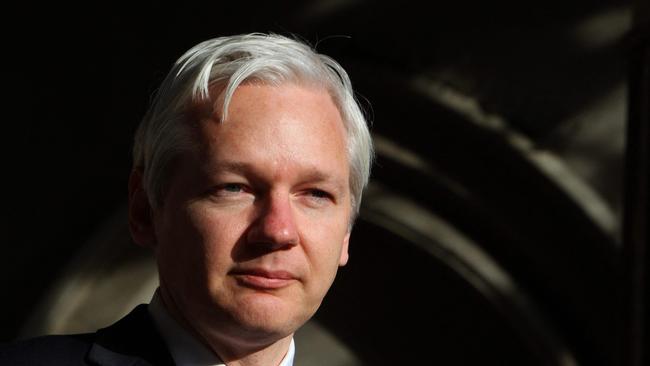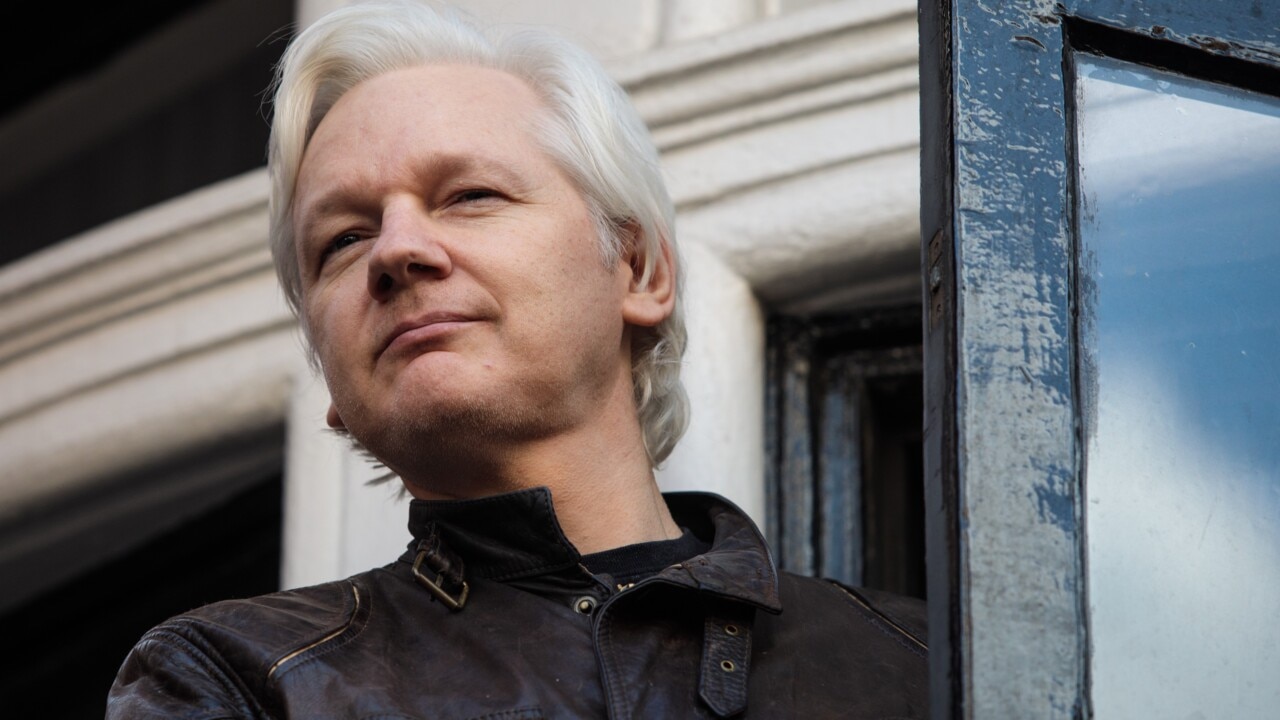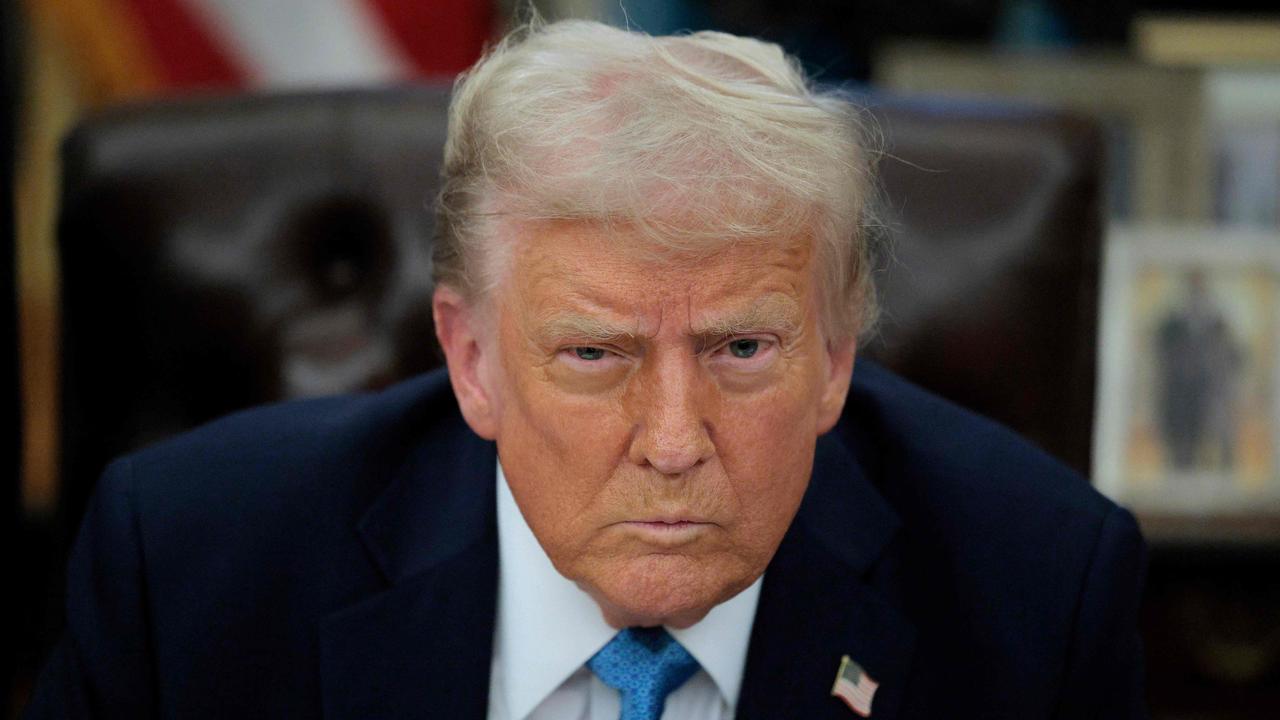Julian Assange can serve his time in Australia, says US
The US government says the WikiLeaks founder will be allowed to serve his sentence in an Australian prison.

The High Court of England and Wales has been told that there are “obvious and compelling reasons’’, why the Australian government may not allow WikiLeaks founder Julian Assange to transfer to an Australian prison if he is sentenced by United States authorities.
The court, sitting in the Royal Courts of Justice in The Strand, heard Australia may not accept any future US sentence handed down against Assange - who is charged by the US with 18 espionage charges - if Australia doesn’t believe the behaviour is criminal or the sentence proportionate.
Australia’s position in the long running Assange controversy took a prominent role on the first day of the High Court appeal.
The US government is seeking to overturn a district court decision from January that he should not be extradited and want to put Assange on trial relating to the release of hundreds of thousands of classified US documents: the Iraq and Afghanistan War Logs, the US State Embassy cables, and the Guantanamo Files in 2010 and 2011.
Assange was initially absent from the special video link set up inside the Belmarsh prison with the court hearing told “he is on a high dose of medication”.
But during the day he occasionally appeared, wearing a long white shirt and tie. He looked thin and had long hair.
Assange’s legal team, led by Edward Fitzgerald QC, has submitted any decision for Assange to be transferred to Australia would rest upon the political climate at the time or that it may be “prohibitively expensive’’ because Australia charges the defendant for such a transfer.
Earlier the United States government told the High Court that it gives “full diplomatic assurance” that the WikiLeaks founder would be allowed to transfer and serve his sentence in an Australian prison.
The US government has also promised that Assange, if extradited to the US for a trial will not be subject to Special Administrative Measures (SAMS), which includes solitary confinement, or be held in the ADX Florence detention centre - both of which were labelled “oppressive’’ by the district court judge back in January in her original rejection of the extradition.
But the court heard the SAMS waiver “was not a blank cheque” and Assange could face such measures if he commits a future act that meets the test for SAMS.

James Lewis QC, for the US government, told the court that the “full diplomatic assurance” in a special submission to the court fundamentally changes the factual basis upon which the district court judge Vanessa Baraitser denied extradition.
She had ruled that Assange is a depressed and sometimes despairing man who is generally fearful about his future. All other legal arguments that had been presented in Assange’s defence, including being a journalist carrying out journalistic duties, failed.
Mr Lewis said the district judge would not have made the ruling rejecting the extradition if she had been given the assurances that Assange would have appropriate medical care and that he will be repatriated to Australia to serve any sentence. The US said Assange will be eligible to apply to transfer to Australia following a conviction, sentencing and conclusion of appeals.
The US government also argued that the judge had erred in preferring the medical opinion of a particular medical expert Professor Michael Kopelman about Assange’s risk of suicide, saying that Profesor Kopelman “seriously misled’’ the court in not revealing in an initial report that Assange had fathered two children and was in a relationship with Stella Moris during his time in the Ecuador embassy in London.
The weight of another medical expert in assessing Assange as being autistic was also criticised.
Mr Lewis said it was “inconceivable” and “strange” that Assange, who had been given custody of his son in Australia, was indeed autistic.
Mr Lewis also pointed out that Assange had hosted chat show on Russia Today and assisted Edward Snowden in his flight from the United States.
But Assange’s legal team said that Australia had given no indication it would consent to Assange being transferred there to serve a US sentence, and that the 50-year-old Australian would be at high risk while awaiting a transfer.
“On the evidence, Mr Assange will most likely be dead before it (a transfer to Australia) can have any purchase,” Mr Fitzgerald submitted.
He said Australia would not consent to the transfer as it would be a political decision influenced by prevailing public opinion and the country wouldn’t permit the transfer of a disproportionate sentence which could be a de facto life sentence without parole.
Mr Fitzgerald said Australia does not accept the transfer of a sentence imposed for conduct it does not recognise as criminal.
In written submissions he argued: “The scope for Australia declining to execute a sentence of whatever length imposed for the exercise of standard, every-day, journalistic practices, is obvious. Or on grounds of extra-territoriality. Or political offences.’’
Mr Fitzgerald also argued the US’s newly proferred and conditional assurances do not remove the real risk of detention on SAMs or being detained at ADX Florence.
Lord Chief Justice Lord Burnett and Lord Justice Holroyde, who are hearing the case this week, are expected to hand down a decision at a later date.
The case continues.



